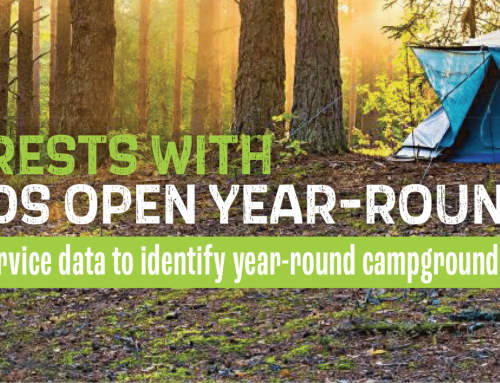Staff and volunteers at suicide prevention nonprofit Teen Lifeline are urging anyone who knows a teen to Connect with Care on National Telephone Day, Tues., April 25, through a phone call or text.
Each year, the free, confidential Teen Lifeline crisis hotline, which is staffed by volunteer teen peer counselors, experiences an average 10% increase in calls during the months between spring break and the end of the school year.
“Connection, family support and community support are all preventive factors that decrease the risk of suicide for our youth,” says Nikki Kontz, clinical director at Teen Lifeline. “There’s no better way to celebrate National Telephone Day than to use your phone for its best possible purpose – to connect with the teens you know and possibly save a life.”
The importance of connecting with teens is especially poignant as data released in February from the most recent “Youth Risk Behavior Survey” by the Centers for Disease Control show 42% of teens reported experiencing persistent feelings of sadness or hopelessness during 2021.
The same survey revealed a 60% increase from 2011 to 2021 in the number of adolescent girls who made a suicide plan.
Research indicates that suicides by people of all ages, including teens, tend to increase during the spring months.
Teen Lifeline received more than 43,000 calls and texts messages from teens in crisis in 2022. One in three calls and texts was from a teen with suicidal thoughts.
“Any teen death by suicide is one too many,” says Kontz. “The reality is that the entire community needs to get involved if we’re going to stop teen suicide in Arizona.”
According to Kontz, reaching out on National Telephone Day can be as simple as sending a message like this:
• Just checking in. How are you doing?
• Thinking about you today – how’s it going?
• Doing OK at school? Feeling good about finals or do you need some support?
• Haven’t talked in a while and wanted to say hi!
• I hope you’re having a great week!
“We doubt that Alexander Graham Bell knew he was creating a great tool to help prevent teen suicide when he invented the telephone,” Kontz says. “But he did.”
Adults who suspect a teen may be considering suicide should ask the teen about it directly. Asking the question will not plant the idea of suicide in a teenager’s head and can give them permission to open up, says Kontz.
If a teen replies that they have been thinking about suicide, Kontz recommends thanking them for their honesty and then asking questions about how they’ve been feeling and why.
Experts recommend validating the teen’s feelings while being careful not to be dismissive, pass judgement or act like the teen is being dramatic.
If a teen is in immediate danger of self-inflicted harm or of acting on suicidal thoughts, call 911 or take the child to an emergency room.
If the teen is not in immediate danger, create a plan to get help by calling Teen Lifeline or seeking a referral to mental health services or counseling. While waiting for services, be sure to minimize suicide risks by locking up all medications, sharp objects, and poisonous chemicals and securing all firearms, including storing ammunition separately.
For more information, visit teenlifeline.org.





